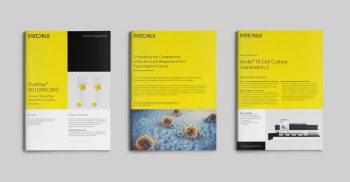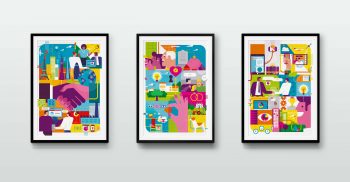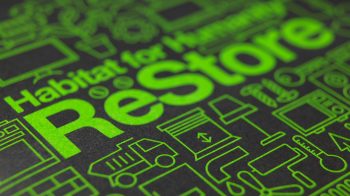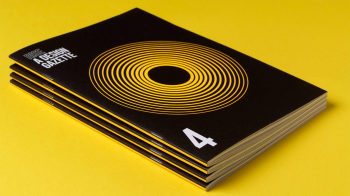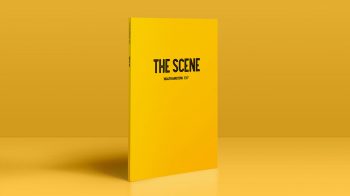Why modern branding uses belief systems
Given how difficult it has become to generate a sustainable competitive advantage through product development or innovation alone, its no surprise that branding has evolved beyond the positioning of features and benefits to creating value and loyalty through the meanings that products can generate.
Which is why every piece of branding you receive today wants to get you to believe something.
Through branding, boring, everyday items from trainers to toilet rolls, water to wardrobes have acquired personalities and meanings. So much so that we feel a need to champion them, feel a loyalty to them, forgive them their failings and pay more for them; all because organisations still need to compete, and people need to feel and share meanings.
This is the essence of modern branding – connecting the ordinary (there is actually a cosmetic brand called Ordinary now) with bigger ideas – the mundane with a sense of meaning.
Sometimes it’s the sense you have about a product. Sometimes its the principles that underpin that product. Sometimes its the history and reputation behind a product; ultimately branding today is as much about the meanings behind the sell as the products they represent.
This is hardly surprising. Humans have always needed meanings beyond the functional, beyond the everyday. We need a sense of identity, who am I, why am I here, where do I fit in? In the past the answers came from family, class, religion, nation, but over time these have been undermined by urbanisation and mass consumption. And yet, by definition, materialism creates a vacuum of meaning that today we are increasingly looking to brands to fill.
This phenomena has in the past, largely existed in the luxury goods sector, the car, luggage and fashion sectors have always been statements of identity. But by hailing an Uber or choosing a Patagonia fleece, buying a Toyota Prius or seeking out the Bodyshop’s vegan eye make up remover, the consumer is saying, I believe many of the same things that these companies believe in, and I am using them as an expression of who I am. Along with other cultural ingredients like music, religion and careers, we are using our brands to create a montage that helps defines just who we are and what we believe in.


